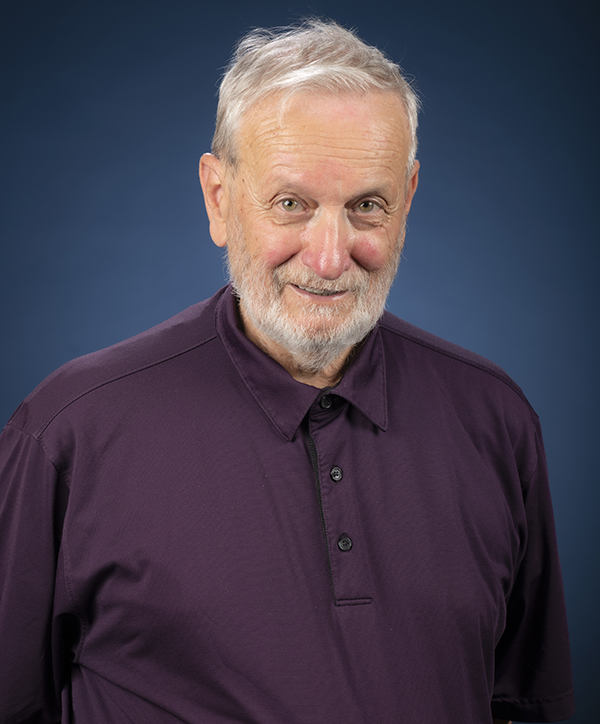Enrico Gratton Recognized with Honorary Doctorate in Uruguay

Jan. 9, 2024 - The University of the Republic, Uruguay, has granted an honorary doctorate to Enrico Gratton in recognition of his “outstanding academic career.” Gratton is a UC Irvine Distinguished Professor Emeritus of biomedical engineering and a pioneering researcher in fluorescence spectroscopy and microscopy. He traveled to South America to receive the high distinction at an award ceremony on Nov. 20, 2023.
The University of the Republic in Montevideo was founded in 1849 and is the oldest, largest public university in Uruguay, as well as the second largest public university in South America. Hundreds of students and faculty attended the award ceremony including the university’s rector, Rodrigo Arim, and a former postdoc from Gratton’s lab, Leonel Malacrida, who established the Advanced Bioimaging Unit to provide advanced microscopy techniques and methods to scientists in Uruguay. Malacrida nominated Gratton, his mentor, for the award.
“Receiving this honor from the University of the Republic is a privilege I will always cherish in my heart,” said Gratton who reflected on his personal journey in science and on the many global collaborations with colleagues. “The memories of our collaborations and discoveries will continue to inspire me.” Gratton emphasized his view of the importance of accessible research and education, which aligns with the Uruguayan university’s mission to democratize science.
Gratton was principal investigator for the Laboratory for Fluorescence Dynamics, which he founded with an NIH grant in 1986 as a professor in the Department of Physics and Biophysics at the University of Illinois. In 2006, the LFD moved to UCI, where Gratton used his knowledge of fluorescence spectroscopy and microscopy techniques to perform imaging studies in living cells to study phenomena of protein aggregation, cell migration, interactions in membranes, particle movement, analysis of collagen formation and deformation, among others. These investigations provide researchers with a better understanding of cellular function and can be applied in the future to the diagnosis and treatment of human diseases. His work spans across biophysics, biochemistry, molecular biology, nuclear medicine and biomedical engineering.
During his more than 40-year career, Gratton has disseminated his work to researchers worldwide, trained younger scientists and interfaced successfully with industry. Under his guidance, more than 50 students have earned doctorates, with most currently occupying critical roles in academia and at various research institutions.
– Lori Brandt
